|
|
| Line 6: |
Line 6: |
| == Applications and samples == | | == Applications and samples == |
|
| |
|
| [[File:Expand.png|right|45px |Click to expand or collaps]]
| |
| <div class="toccolours mw-collapsible mw-collapsed" style="background:#F7F8FF">
| |
| <span style="font-size:105%; color:#424242">[[File:Questions.jpg|left|18px |Asking]]'''Which are the most common applications of the [[Oroboros O2k]]?'''</span>
| |
| <div class="mw-collapsible-content">
| |
| The O2k is used in basic and applied research to study the respiration of tissues, cells and mitochondria. Fairly simple to highly complex, comprehensive experimental protocols can be applied to assess either basal mitochondrial characteristics or obtain diagnostic insight into respiratory pathways. Topically, studies using the O2k range from [[O2k-Publications: Comparative MiP;environmental MiP|comparative physiological]] investigations addressing evolutionary and environmental aspects of mitochondrial metabolism over the energetics related to exercise physiology, [[O2k-Publications: Exercise physiology;nutrition;life style|nutrition and life style]], to aspects of clinical interest such as the impact of [[O2k-Publications: Mitochondrial medicine|metabolic diseases]], [[O2k-Publications: Cancer|cancer]], or [[O2k-Publications: Pharmacology;toxicology|pharmacological interventions]].
| |
| <br/><br/><br/>
| |
| ::: '''The most prominent applications of the O2k'''
| |
|
| |
| ::::* <span style="color:#424242">'''Studies on exercise physiology;nutrition;life style'''</span>
| |
| ::::::» {{#ask:[[Category:Publications]][[Instrument and method::Oxygraph-2k]] [[MiP area::Exercise physiology;nutrition;life style]] |format=count}} [[O2k-Publications: Exercise physiology;nutrition;life style|O2k-Publications in the MiPMap]]
| |
|
| |
| ::::* <span style="color:#424242">'''Diagnosis of acquired and genetic mitochondrial diseases'''</span>
| |
| ::::::» {{#ask:[[Category:Publications]][[Instrument and method::Oxygraph-2k]] [[Diseases::Inherited]] |format=count}} [[O2k-Publications: Mitochondrial disease|O2k-Publications in the MiPMap]]
| |
|
| |
| ::::* <span style="color:#424242">'''Diagnosis of myopathies and neuromuscular pathologies'''</span>
| |
| ::::::» {{#ask:[[Category:Publications]][[Instrument and method::Oxygraph-2k]] [[Diseases::Myopathy]] |format=count}} [[O2k-Publications: Myopathy|O2k-Publications in the MiPMap]]
| |
|
| |
| ::::* <span style="color:#424242">'''Studies on cell function and cell death - apoptosis and necrosis'''</span>
| |
| ::::::» {{#ask:[[Category:Publications]] [[Instrument and method::Oxygraph-2k]] [[Injury and adaptation::Cell death]] |format=count}} [[O2k-Publications: Cell death|O2k-Publications in the MiPMap]]
| |
|
| |
| ::::* <span style="color:#424242">'''Measurement of oxidative stress'''</span>
| |
| ::::::» {{#ask:[[Category:Publications]] [[Instrument and method::Oxygraph-2k]] [[Injury and adaptation::Oxidative stress;RONS]] |format=count}} [[O2k-Publications: RONS; Oxidative stress|O2k-Publications in the MiPMap]]
| |
|
| |
| ::::* <span style="color:#424242">'''Studies on ischemia-reperfusion injury'''</span>
| |
| ::::::» {{#ask:[[Category:Publications]] [[Instrument and method::Oxygraph-2k]] [[Injury and adaptation::Ischemia-reperfusion]] |format=count}} [[O2k-Publications: Ischemia-reperfusion|O2k-Publications in the MiPMap]]
| |
|
| |
| ::::* <span style="color:#424242">'''Studies on aging and senescence'''</span>
| |
| ::::::» {{#ask:[[Category:Publications]][[Instrument and method::Oxygraph-2k]] [[Diseases::Aging;senescence]] |format=count}} [[O2k-Publications: Aging; senescence|O2k-Publications in the MiPMap]]
| |
|
| |
| ::::* <span style="color:#424242">'''Pharmacological tests'''</span>
| |
| ::::::» {{#ask:[[Category:Publications]][[Instrument and method::Oxygraph-2k]] [[MiP area::Pharmacology;toxicology]] |format=count}} [[O2k-Publications: Pharmacology;toxicology|O2k-Publications in the MiPMap]]
| |
|
| |
| ::::* <span style="color:#424242">'''Studies on Diabetes 2'''</span>
| |
| ::::::» {{#ask:[[Category:Publications]][[Instrument and method::Oxygraph-2k]] [[Diseases::Diabetes]] |format=count}} [[O2k-Publications: Diabetes 2|O2k-Publications in the MiPMap]]
| |
|
| |
| ::::* <span style="color:#424242">'''For more applications, browse through the {{#ask:[[Category:Publications]][[Instrument and method::Oxygraph-2k]] |format=count}} [[O2k-Publications:_Topics|O2k-Publications in the MiPMap]].'''</span>
| |
| </div>
| |
| </div>
| |
|
| |
|
| <div class="toccolours mw-collapsible mw-collapsed" style="background:#F7F8FF"> | | <div class="toccolours mw-collapsible mw-collapsed" style="background:#F7F8FF"> |

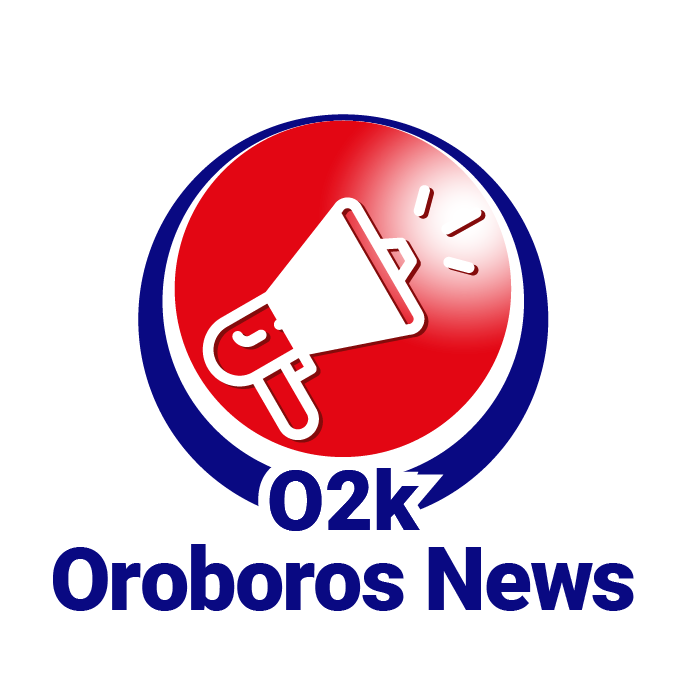
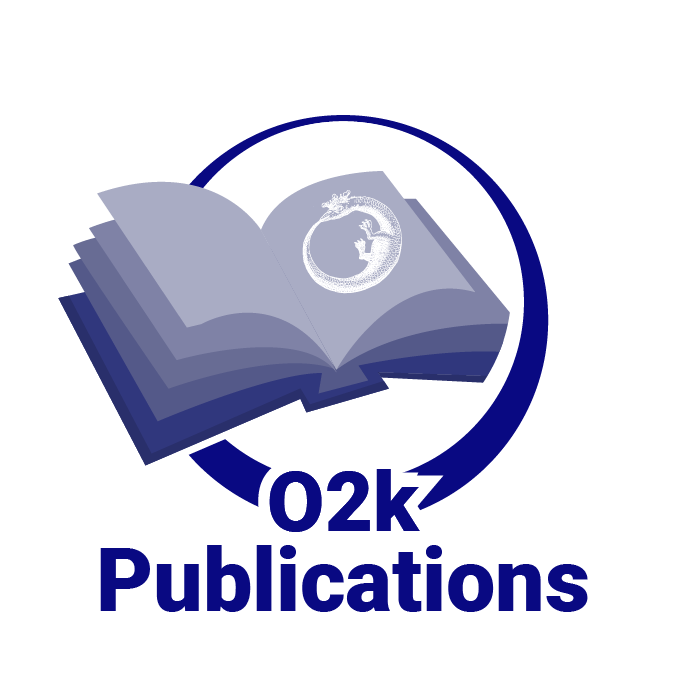
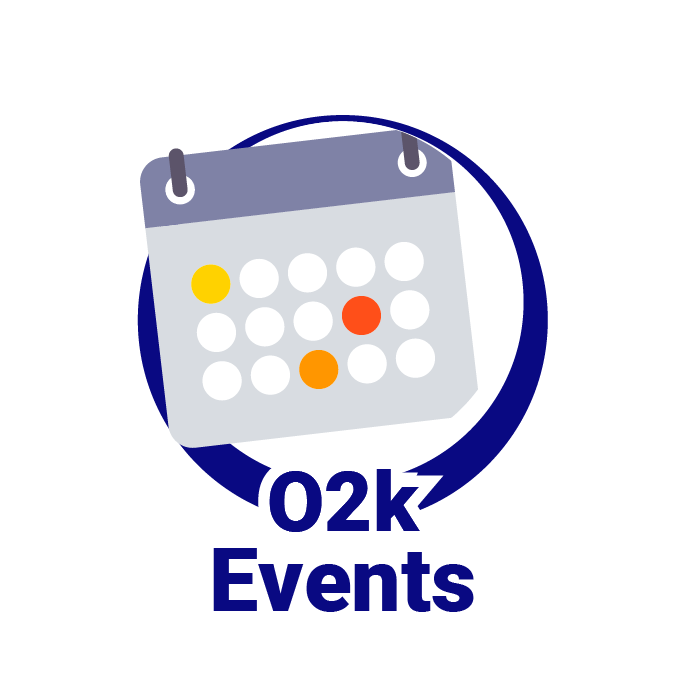
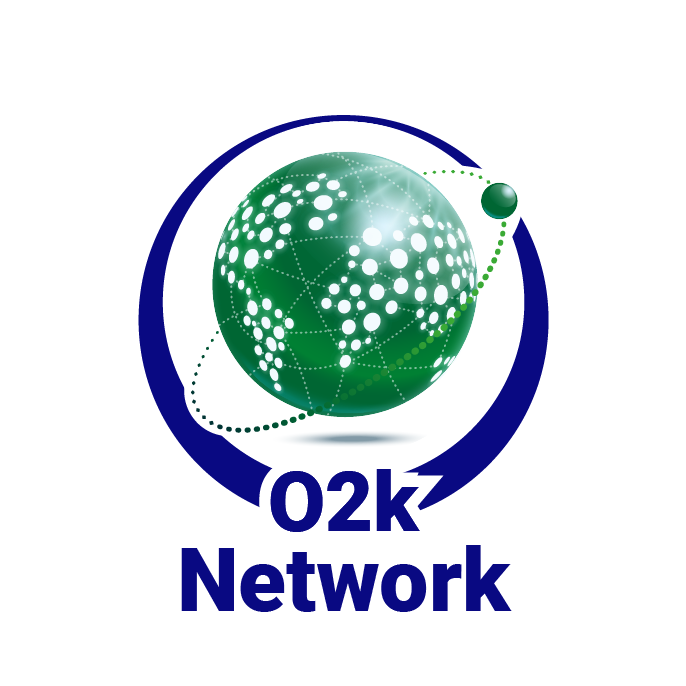
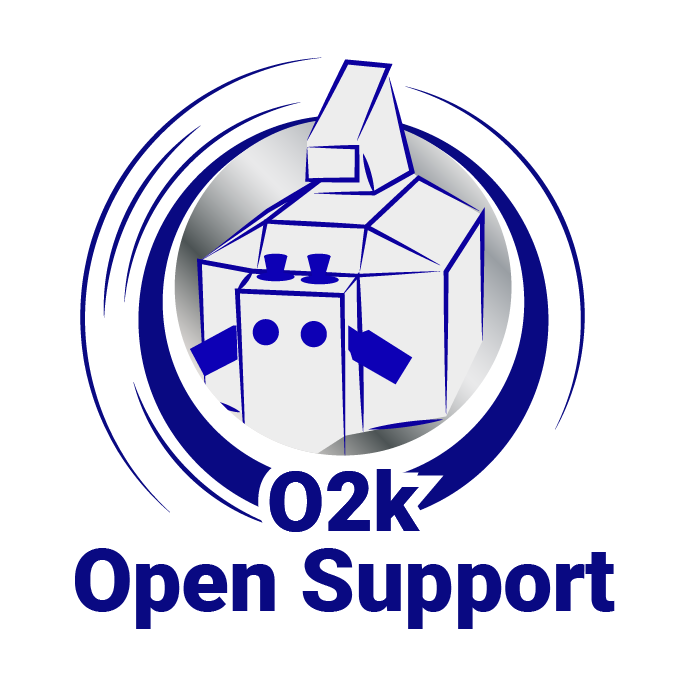
Applications and samples
Is the O2k easy to use in standard applications of mitochondrial respiration?
The O2k is a robust instrument, ready to be used for standard applications, providing high reliability, stability of the oxygen sensor over several months, and full software support. See:
DatLab
Can the O2k be applied for the measurement of oxygen consumption in delicate mammalian cells, when limited numbers of cells are available?
Compared to other instruments, the O2k requires five to ten times lower cell numbers for routine measurements of cell respiration, making it highly cost-, personnel- and time-efficient.
Can the O2k be applied for measuring human biopsies?
When
permeabilized biopsy preparations are utilized, the O2k provides the unique potential to reduce sample size to as little as 1 mg fresh weight per experimental run, supporting application of complex titration protocols.
Can the O2k be applied to measure tissue oxygen concentration?
No. The O2k is a
'chamber' approach, for application with tissue biopsies, cultured cells or
isolated mitochondria. Whereas HRR cannot be applied for measurement of tissue O
2 concentration, it is the method of choice for analysis of tissue O
2 consumption and functional diagnosis of mitochondrial injuries.
Can the O2k be applied for measurement of oxygen consumption in adherent cells?
Attached cells may be grown on disks before being introduced into the
cylindrical chamber of the O2k. Alternatively, cells attached to beads can be used. With this method, however, gentle stirring, with the use of specific small
stirring bars, is advisable to avoid crashing of the beads. Routinely, we apply the O2k on adherent cells after transfering them into suspension. For small cells, such as fibroblasts, at least 200,000 cells per chamber are required.
How many parameters can be measured simultaneously?
The O2k is designed to measure respiration plus one additional parameter at a time. Typical applications of
O2k-MultiSensor respirometry are the combined measurement of respiration and H
2O
2 production using the
O2k-FluoRespirometer or
O2k-Fluo LED2-Module. Respirometry and mitochondrial membrane potential can be measured with the O2k-FluoRespirometer or with the
O2k-TPP+ ISE-Module.
Delivery content, warranty and support
How long from order till delivery?
The O2k is produced on demand, i.e. upon receipt of your purchase order. Therefore, the current lead time for delivery is ten (10) weeks. Depending on the workload of our workshop, this time span may be shortened.
Does the purchase include installation, setup and training?
On-site installation and setup is not included in the purchase of an Oroboros O2k. Setup and installation are usually performed by the customers themselves with the help of our detailed and user-friendly O2k-Manual which is sent out with the O2k. In addition, the manual can also be easily down-loaded form our website (O2k-Manual). There is also a section for technical service. Our technical specialists, based here in Innsbruck, can also assist in helping to locate and solve any technical problems, should these arise. Based on our experience and feedback received from customers all over the world, we are confident that you will easily master the set-up and installation.
The purchase of an O2k includes a waived registration fee for our
O2k-Workshop, which takes place at regular intervals all over the world. For more information on our upcoming O2k-Workshops (IOC), please take a look at
Oroboros Events or send an Email to:
[email protected].
Is it possible to extend the warranty period?
Yes, it is possible to extend the warranty period by a total of three years. For more details, please contact our office: [email protected]
Do you offer the option to lease or rent your instruments?
It is possible to lease the O2k over the course of three years, after which the instrument passes over into your ownership. Furthermore, you can rent an instrument for a short period (e.g. several weeks or months) if you need to improve your throughput for a specific study or experiment. Contact our office for further details: [email protected]
Are you registered with System for Award Management (SAM)?




